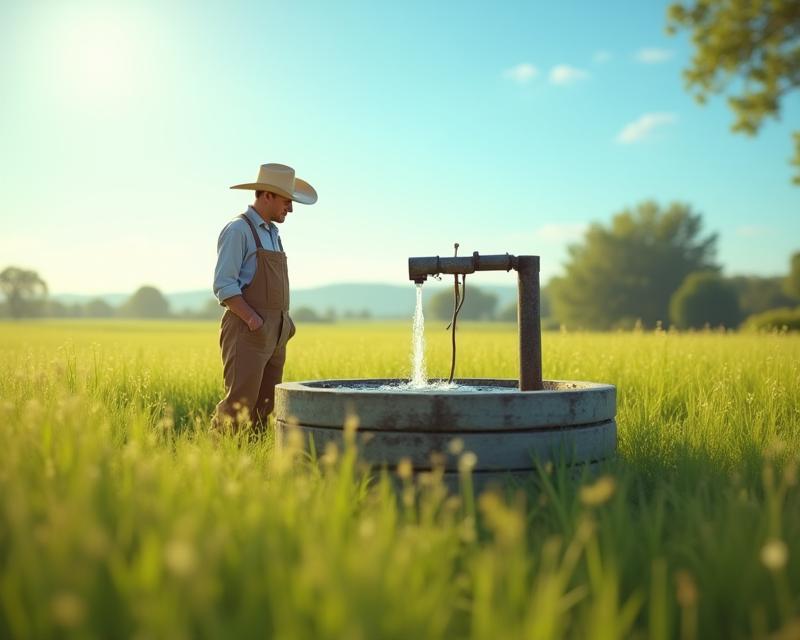Pesticide Resistance: A Growing Concern for Farmers
Publish in Sustainable Farming el 23/07/2025 17:05
Pesticide Resistance: A Growing Concern for Farmers
As farmers and gardeners, we all want to protect our crops from pests. Pesticides have been a valuable tool for doing just that, increasing yields and ensuring food security. However, relying heavily on synthetic pesticides can lead to a serious problem: pesticide resistance. Understanding how this happens is crucial for developing sustainable pest management strategies.

How Does Resistance Develop?
Pests are naturally adaptable creatures. When you repeatedly use the same pesticide, most of the pests are killed. But, occasionally, a few individuals within the pest population possess a genetic mutation that makes them slightly less susceptible to the pesticide. These survivors then reproduce, passing on their resistance genes to their offspring. Over time, the proportion of resistant pests in the population increases, rendering the pesticide ineffective. This is the basic principle of evolution in action!
The Rise of "Superpests"
This process isn't just a theoretical concern; it's happening all around the world. We're seeing the emergence of "superpests" – insects, weeds, and fungi that are resistant to multiple classes of pesticides. These superpests are incredibly difficult to control, requiring farmers to use even stronger, more toxic chemicals. This creates a vicious cycle where we constantly need to escalate our chemical use to achieve the same level of pest control.
Breaking the Cycle: Sustainable Solutions
The good news is that we don't have to be stuck in this cycle of escalating chemical use. There are many sustainable pest management practices we can adopt. These include:
- Crop Rotation: Changing the crops you plant each season disrupts pest life cycles.
- Integrated Pest Management (IPM): This approach combines various strategies, including biological controls (using beneficial insects), cultural practices (like proper sanitation), and targeted pesticide applications only when necessary.
- Biological Control: Introducing natural enemies of pests, such as ladybugs or parasitic wasps, can help keep pest populations in check.
- Resistant Varieties: Planting crop varieties that are naturally resistant to certain pests can significantly reduce the need for pesticides.
By embracing these strategies, we can reduce our reliance on synthetic pesticides, protect our environment, and ensure the long-term health of our farms and gardens. It’s about working *with* nature, not against it. Learning more about IPM and sustainable practices is an investment in the future of agriculture.





